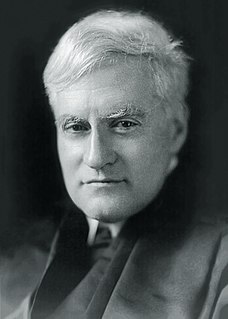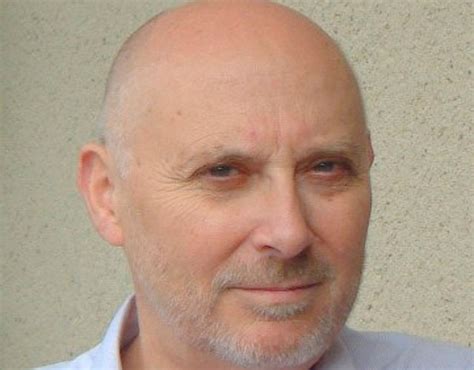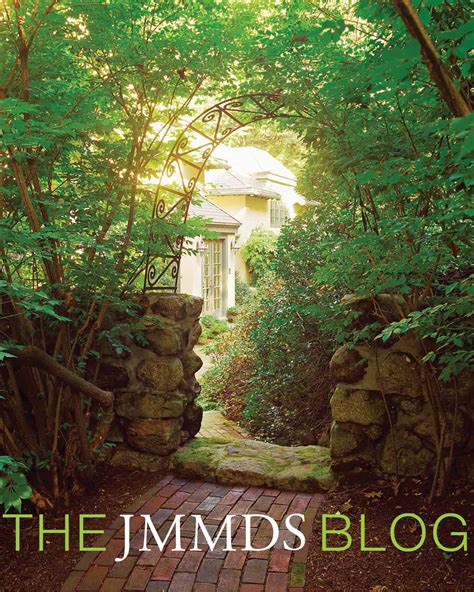A Quote by Charles D'Ambrosio
I suppose I like certainty as much as anyone else, but I also feel that the hidden costs are high, that we pay a heavy price for our convictions. This is a human issue as well as a writing issue - at least in the personal essay as I practice it. Any real essayist knows that certainty is an editorial decision, arrived at not through conviction but through suppression, the denial of a whole range of possibilities, of alternatives that we jettison, sometimes necessarily, in order to steady the ship.
Quote Topics
Also
Alternatives
Any
Anyone
Anyone Else
Arrived
Certainty
Conviction
Convictions
Costs
Decision
Denial
Editorial
Else
Essay
Feel
Heavy
Hidden
High
Human
Issue
Knows
Least
Like
Much
Necessarily
Order
Our
Pay
Personal
Possibilities
Practice
Price
Range
Real
Ship
Sometimes
Steady
Suppose
Suppression
Through
Well
Whole
Writing
Related Quotes
In our worship of certainty we must distinguish between the sound certainty and the sham, between what is gold and what is tinsel; and then, when certainty is attained, we must remember that it is not the only good; that we can buy it at too high a price; that there is danger in perpetual quiescence as well as in perpetual motion; and that a compromise must be found in a principle of growth.
Take the life issue. This issue requires a president and an administration leading our nation to understand the importance of life. This whole faith-based initiative really ties into a larger cultural issue that we're working on. It begins to affect the life issue, as well as the human dignity issue, because when you're talking about welcoming people of faith to help people who are disadvantaged and are unable to defend themselves, the logical step is also those babies.
One third, more or less, of all the sorrow that the person I think I am must endure is unavoidable. It is the sorrow inherent in the human condition, the price we must pay for being sentient and self-conscious organisms, aspirants to liberation, but subject to the laws of nature and under orders to keep on marching, through irreversible time, through a world wholly indifferent to our well-being, toward decrepitude and the certainty of death. The remaining two thirds of all sorrow is homemade and, so far as the universe is concerned, unnecessary.
The issue is not going to church; rather, the issue is worshipping and renewing covenants as we attend church. The issue is not going to or through the temple; rather, the issue is having in our hearts the spirit, the covenants, and the ordinances of the Lord's house. The issue is not going on a mission; rather, the issue is becoming a missionary and serving throughout our entire life with all of our heart, might, mind, and strength.
Gradually, at various points in our childhoods, we discover different forms of conviction. There's the rock-hard certainty of personal experience ("I put my finger in the fire and it hurt,"), which is probably the earliest kind we learn. Then there's the logically convincing, which we probably come to first through maths, in the context of Pythagoras's theorem or something similar, and which, if we first encounter it at exactly the right moment, bursts on our minds like sunrise with the whole universe playing a great chord of C Major.
I cleanse the windows of my mind, that it may become a mirror reflecting inspiration from the most High. I do this, not with strenuous effort, but through quiet contemplation, through gently reaching and affirming an inward recognition. I know exactly what to do in every situation. There is an inspiration within me which governs every act, every thought, with certainty, with conviction and in peace.






































